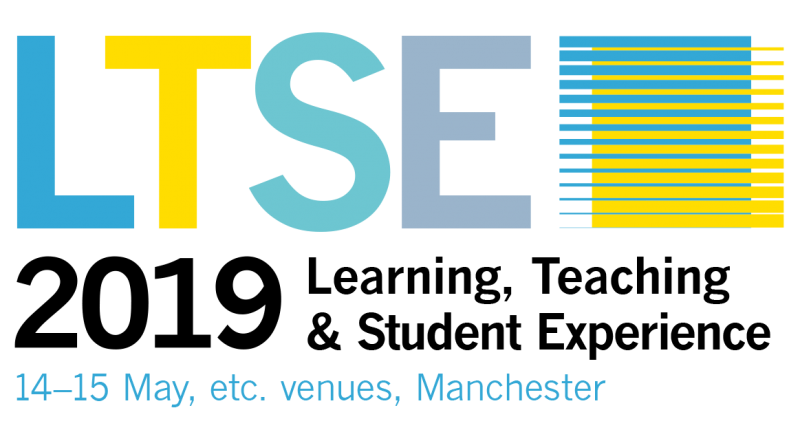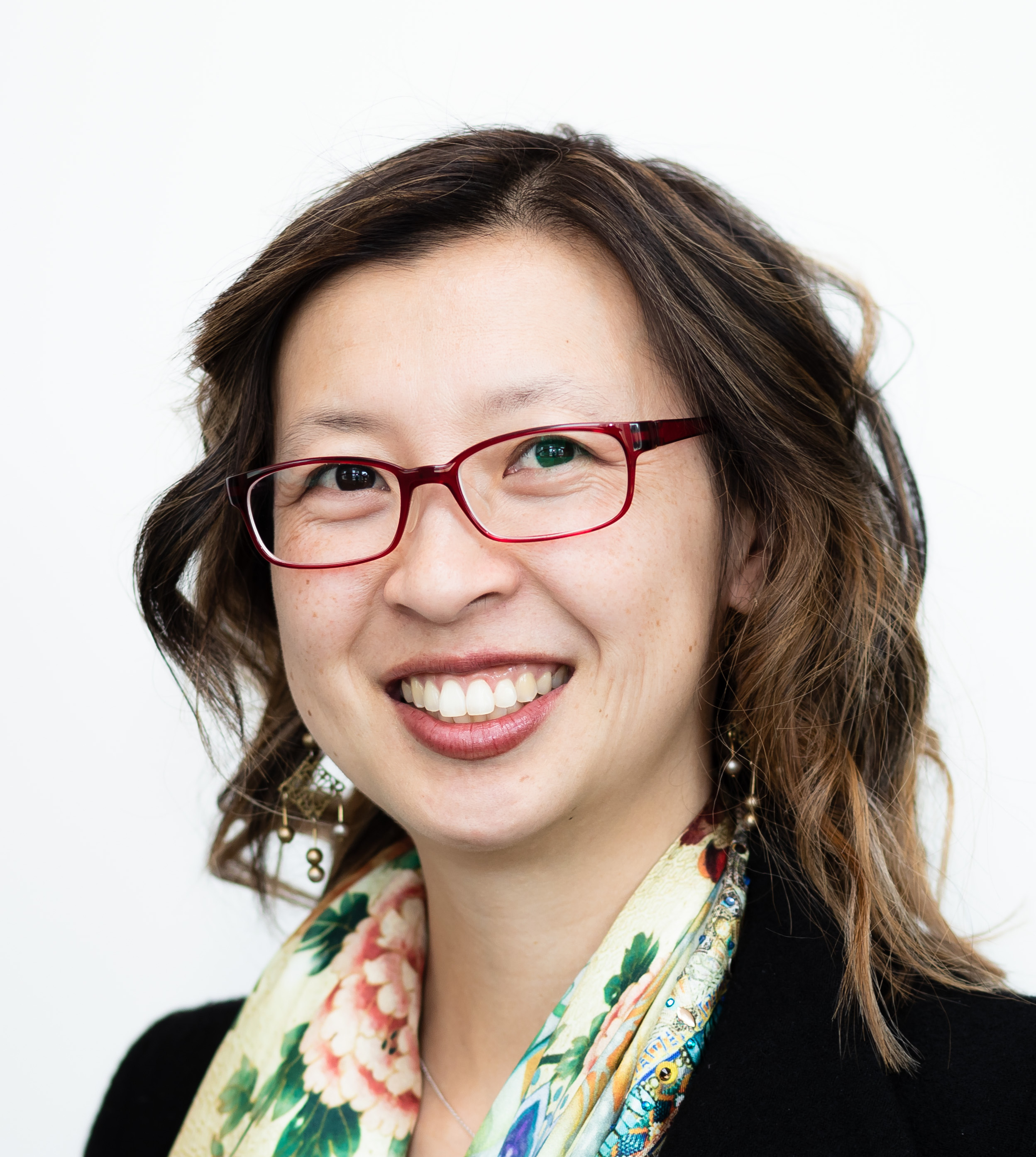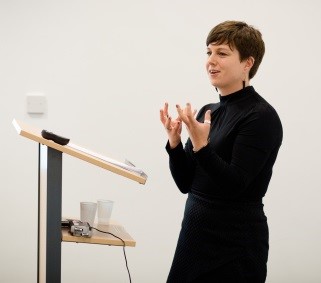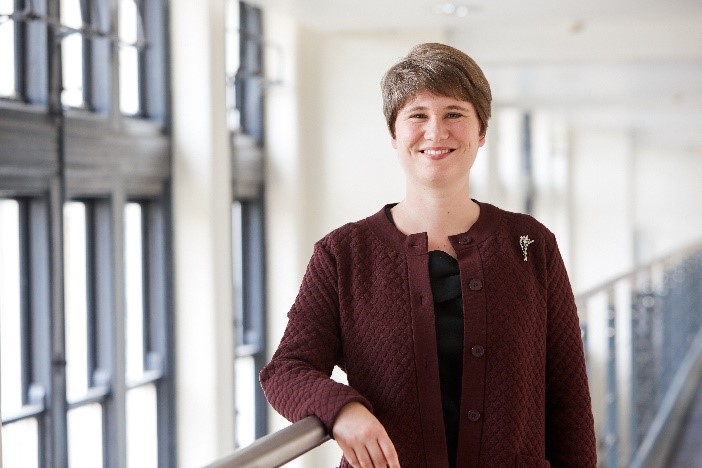We are excited to launch the Teaching Perspectives blog with an entry from Professor Kelly Coate, Pro Vice Chancellor, Education and Students.
 I am very excited to be joining the University of Sussex at the same time as the Strategic Framework 2025 is launched and implemented. The language and values of the Framework very much speak to me as someone who has long (and from afar) admired the foundational values of Sussex and the distinctiveness of a Sussex education. Returning to these values, and re-imagining them for the 21st Century student, is a hugely exciting challenge ahead for all of us.
I am very excited to be joining the University of Sussex at the same time as the Strategic Framework 2025 is launched and implemented. The language and values of the Framework very much speak to me as someone who has long (and from afar) admired the foundational values of Sussex and the distinctiveness of a Sussex education. Returning to these values, and re-imagining them for the 21st Century student, is a hugely exciting challenge ahead for all of us.
We are currently finishing the draft of the Education Strategy which will underpin the aims of the Strategic Framework: we are calling it #Learn2Transform. Once the Strategy has been signed off by Council, we will be very pleased to visit Schools and/or Departments to discuss ways in which we can realise the aims within it together. One of the first activities we will undertake is to establish a #Learn2Transform Network, which will bring together staff and students who are interested in, and already active in, shaping and enhancing our education provision. We have much exciting work taking place across campus (and now beyond, through our exciting new distance provision) that we need to harness, find synergies between, celebrate and disseminate.
Just to give a flavour of our ambitions: one of the main aims of the Strategic Framework is to make our students partners in the big decisions that will shape our University’s future. There are many ways in which to develop relationships of partnership with our students, some of which I am sure colleagues in the Business School have already developed. For me, it will mean asking at every opportunity where the student voice is in our deliberations, and where the opportunities are for students to join in and participate meaningfully in our meetings, teams, working groups and events.
Inevitably, we will have ambitions which will require different types of support for staff who are interested and capable in developing new activities or innovations, but who will need time or developmental opportunities of some kind in order to make them happen. We will need to help ensure this support is in place. A related issue, in my view, is that one of the biggest influences on culture is motivation: colleagues who teach need to see that education has parity of esteem with research, and will have to see that research and recognition for education leadership is in place. This is an area of work that is already underway, and which has support from the highest levels of the University.
I am very much looking forward to working with colleagues and students in the Business School.
Kelly will be presenting at our Teaching and Learning Seminar on Monday 1 October in Jubilee G32, 2.15-3.45pm. All welcome!











 I am very excited to be joining the University of Sussex at the same time as the Strategic Framework 2025 is launched and implemented. The language and values of the Framework very much speak to me as someone who has long (and from afar) admired the foundational values of Sussex and the distinctiveness of a Sussex education. Returning to these values, and re-imagining them for the 21st Century student, is a hugely exciting challenge ahead for all of us.
I am very excited to be joining the University of Sussex at the same time as the Strategic Framework 2025 is launched and implemented. The language and values of the Framework very much speak to me as someone who has long (and from afar) admired the foundational values of Sussex and the distinctiveness of a Sussex education. Returning to these values, and re-imagining them for the 21st Century student, is a hugely exciting challenge ahead for all of us.